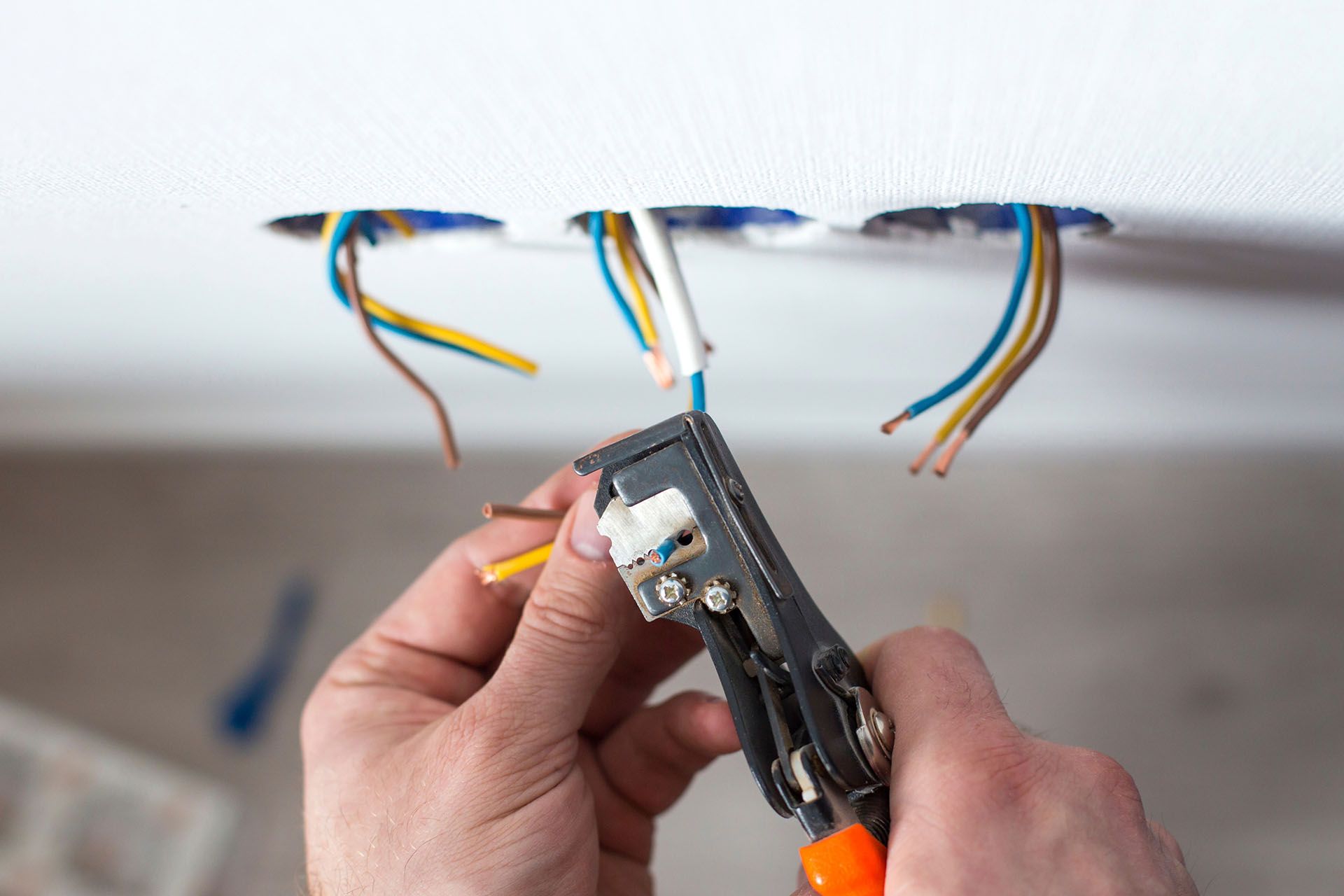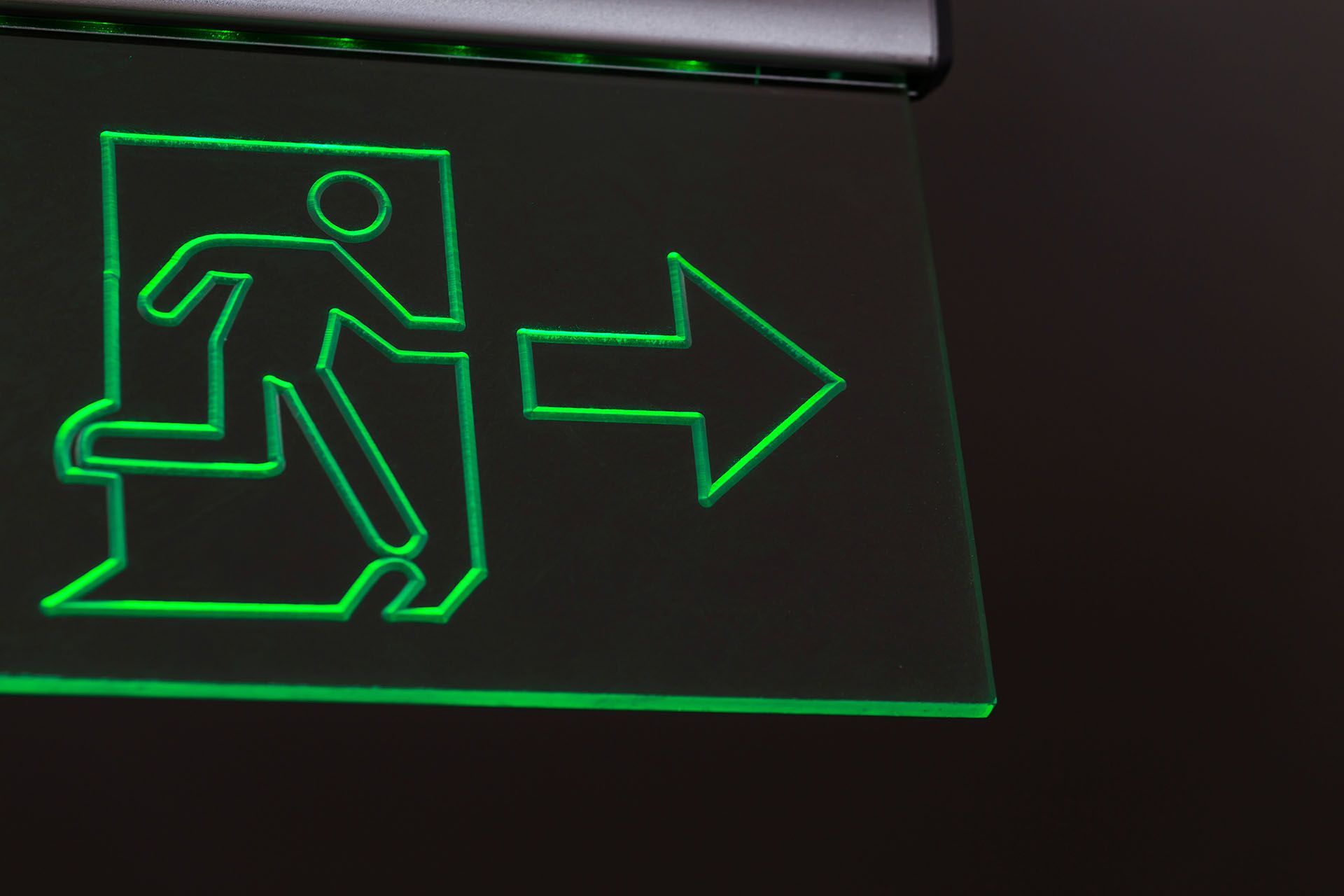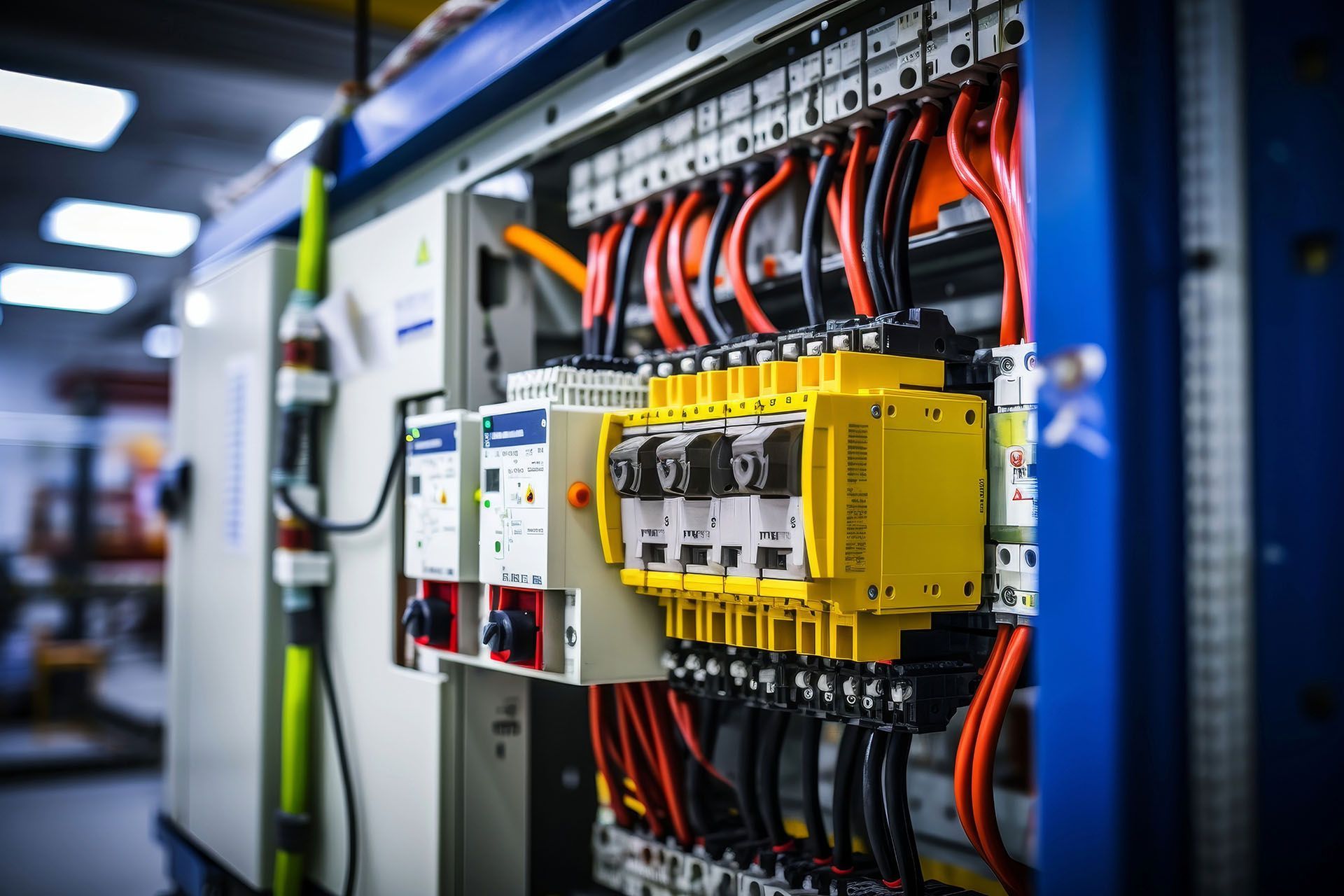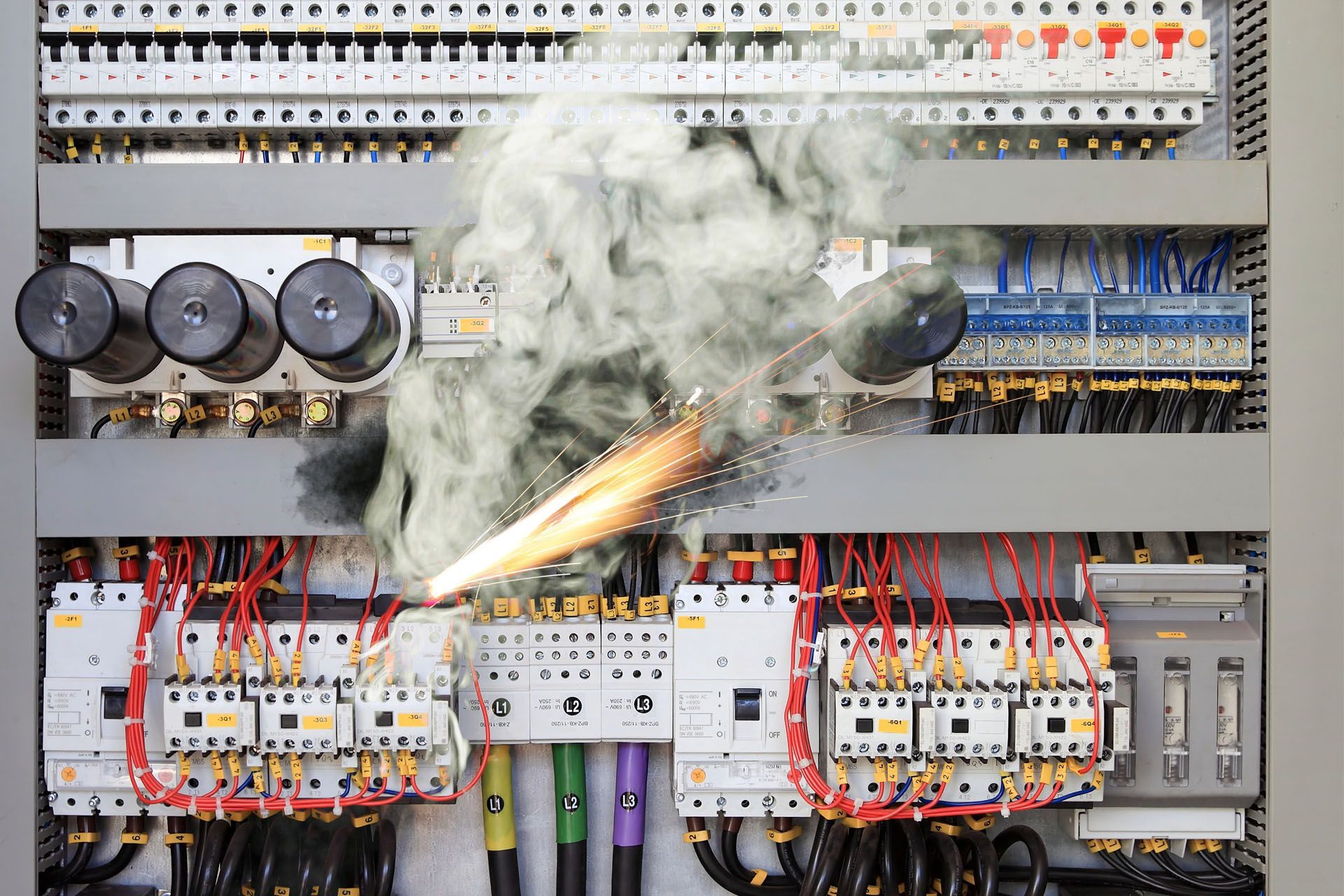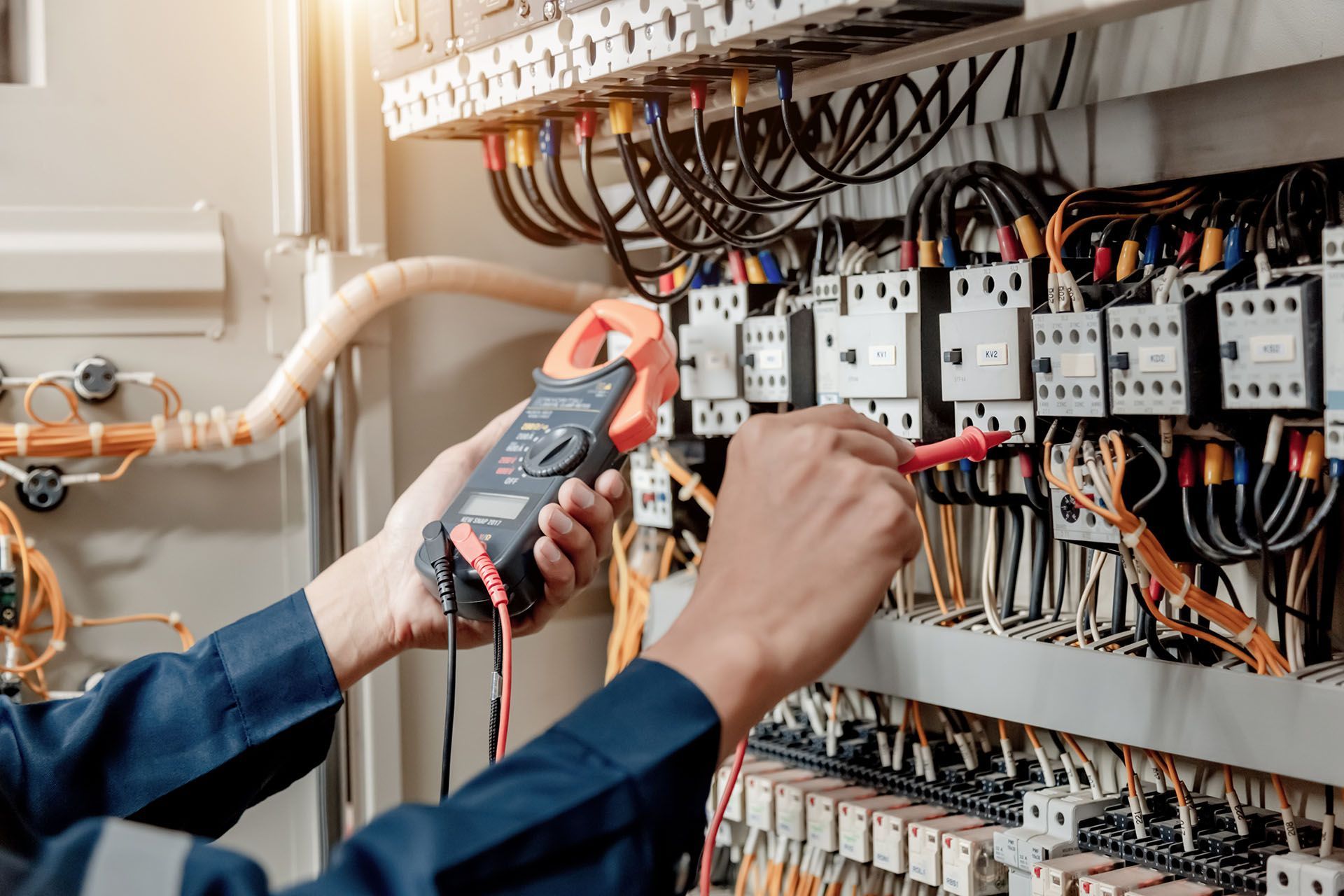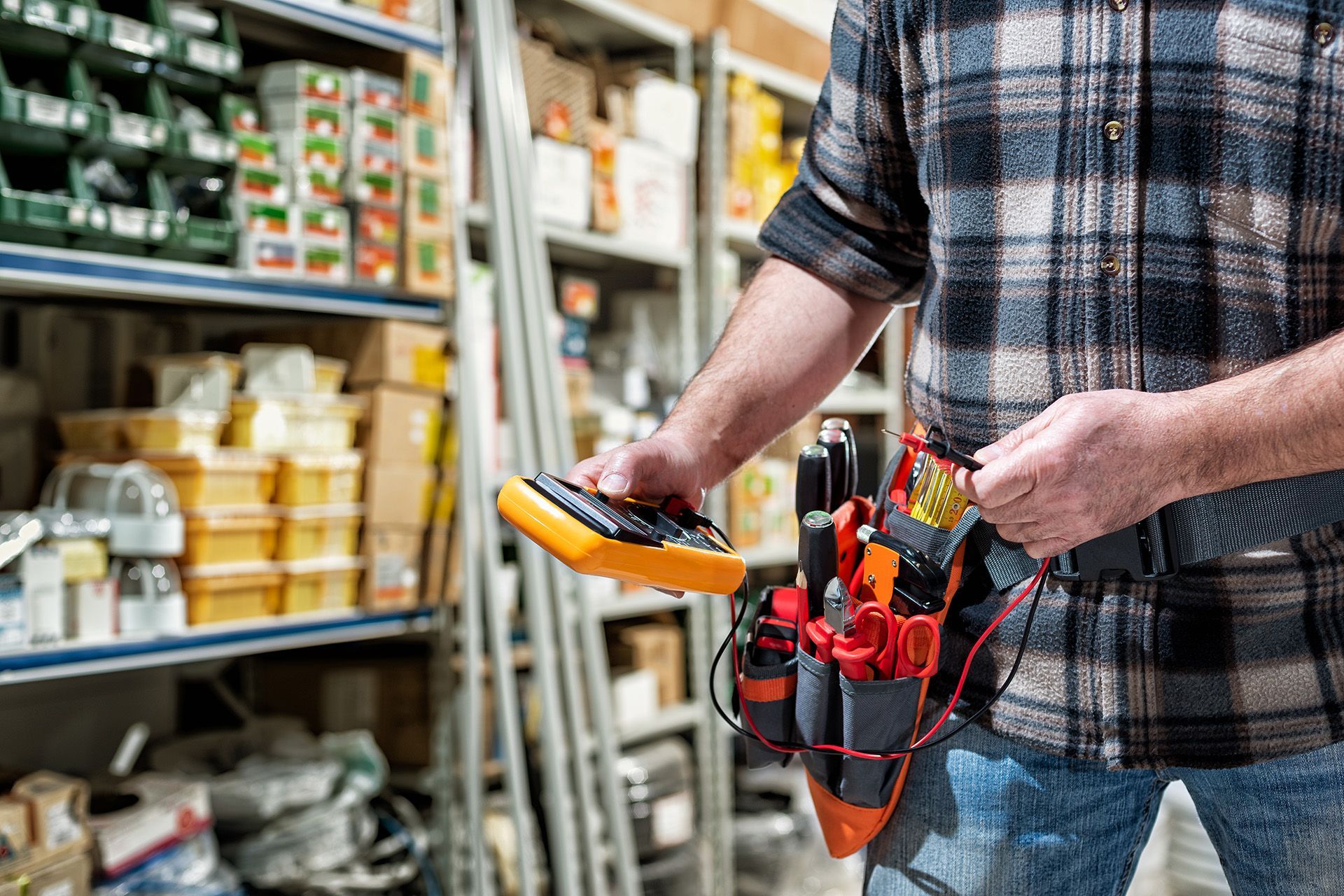Address: Unit 19, 54 Fairey Rd, South Windsor NSW 2756
Common Electrical Code Violations in Sydney and How to Avoid Them
Electrical safety is crucial in every home and workplace, yet many property owners overlook important rules outlined in Sydney's electrical codes. While it's easy to underestimate their importance, these regulations are crucial to prevent risks like fires, electric shocks, and equipment breakdowns. More importantly, understanding and following these regulations are crucial not only for compliance but also to guarantee the safety and longevity of your electrical systems.
In this blog, we’ll look into some of the most prevalent electrical code violations in Sydney and provide essential tips on how to avoid them. Whether you're a homeowner, a business owner, or a contractor, staying informed about these common pitfalls can help you maintain a secure and compliant electrical environment. Continue reading this blog to learn more.
Importance of Electrical Safety and Adherence to Electrical Codes
Electrical safety and following electrical codes are generally essential for many reasons, all of which aim to protect the people, property, and the environment.
Prevention of Electrical Hazards
Electrical codes are designed to establish standardised guidelines regarding safe installation, maintenance, and operation of electrical systems. These regulations are meticulously formulated to mitigate electrical hazards, such as fires, shocks, and operational failures.
Protection of Property
Keeping electrical systems up to code guarantees that the electrical infrastructure can handle the demands placed on it. This helps reduce the risk of short circuits, power surges, overloads and breakdowns that could disrupt daily operations or pose safety risks.
Legal and Regulatory Compliance
Non-compliance to electrical codes not only poses risks but it can also lead to serious legal consequences. In Sydney, adherence to these codes is rigorously enforced by local authorities who conduct regular inspections and audits.
System Reliability
Electrical systems that adhere to legal codes are more reliable and less prone to failure. This is crucial if you want to have a consistent power supply and minimise downtime. Moreover, proper adherence to these standards keeps your electrical infrastructure operating efficiently and safely, reducing the risk of disruptions and costly repairs.
Common Electrical Code Violations
In Sydney, electrical installations must adhere to the Australian standards and regulations outlined in the Wiring Rules (AS/NZS 3000:2018) and other relevant codes. Common electrical code violations that a commercial electrician often encounters include:

Overloading Circuits
Overloading circuits take place when multiple electrical devices are connected to a single circuit. When this surpasses its capacity, it can result in overheating, fires, or damage to appliances.
Incorrect Wiring
Incorrect wiring is a common electrical code violation that can pose significant risks such as short circuits, electrical shocks, fires, and damage to equipment.
Exposed Wiring
Exposed wiring is prone to damage, which can lead to electrical shocks or fires. To mitigate these risks, all wiring should be adequately enclosed and protected with suitable conduits or coverings.
Outdated Electrical Panels
Some commercial and industrial buildings in Sydney may still use outdated electrical panels, posing risks like fires, short circuits, and equipment malfunctions due to non-compliance with current safety standards.
Inadequate Outlet Spacing
In some cases, builders or homeowners may not install an adequate number of outlets in a room. This can lead to the excessive use of extension cords, which can be hazardous.
Improper Installation of Light Fixtures
Incorrectly installed light fixtures can pose a risk of fire due to overheating. That’s why It’s crucial to follow manufacturer instructions for proper installation.
Missing or Faulty Smoke Alarms
Smoke alarms are essential for fire safety. Missing or non-functional smoke detectors can be life-threatening in the event of a fire.
Non-Compliance with Regulations
Failure to comply with Sydney’s electrical regulations can result in serious consequences, including fines and the need to rectify violations.
Inadequate Grounding
Grounding electrical systems properly is crucial for safety. Lack of grounding can result in electrical faults and safety hazards.
Faulty Electrical Repairs
Attempting to perform electrical repairs without the necessary knowledge and experience is a common violation that not only jeopardises safety but also causes further electrical problems and potential hazards.
Relevant Electrical Codes and Standards in Sydney
In Sydney, Australia, electrical installations must comply with specific codes and standards to ensure safety and regulatory compliance. Here are the key ones:
Australian/New Zealand Wiring Rules (AS/NZS 3000)
This is the primary standard for electrical installations in Australia and New Zealand, including Sydney. It covers the design, installation, and verification of electrical installations.
Australian Standards (AS)
Various specific standards under the AS series apply to different aspects of electrical installations, such as AS/NZS 3017 for testing and inspection of electrical installations, AS/NZS 3100 for electrical equipment, and others relevant to specific electrical components and systems.
Electrical Safety Act 2002 (NSW)
This legislation sets out the regulatory framework for electrical safety in New South Wales, including Sydney. It outlines requirements for licensing, safety standards, and responsibilities of stakeholders.
Electrical Safety Regulation 2013 (NSW)
The Electrical Safety Regulation supports the Electrical Safety Act and provides detailed requirements on electrical installations, licensing, safety measures, and penalties for non-compliance.
National Construction Code (NCC)
Although not specific to electrical installations alone, the NCC (which includes the Building Code of Australia) outlines requirements for buildings and structures, including aspects related to electrical safety and installations.
Work Health and Safety (WHS) Regulations
These regulations, which include electrical safety provisions, specify the general duties of persons conducting a business or undertaking (PCBU) to ensure health and safety in the workplace, including electrical work.
Energy Safe Victoria (ESV)
While primarily for Victoria, ESV guidelines and safety standards are often adopted or referenced by other states, including New South Wales, for certain electrical practices and equipment.
How to Avoid Common Electrical Violations in Sydney
To avoid common electrical violations in Sydney, it's essential to follow best practices and adhere to the relevant Australian standards and regulations. Here are some key steps:
Hire Licensed Electricians
Make sure that all electrical work is performed by licensed and qualified electricians who are familiar with the current standards and regulations.
Follow the Wiring Rules (AS/NZS 3000:2018)
Adhere to the guidelines outlined in the Australian/New Zealand Wiring Rules to ensure that all installations meet safety and performance requirements.
Regular Inspections and Maintenance
Conduct regular inspections and maintenance to identify and address potential issues before they become significant problems. In every electrical system, regular monitoring is crucial to detect early signs of wear, corrosion, malfunction, and unexpected breakdowns.
Use Proper Cable Sizing
Undersized cables can lead to insulation damage and increase the risk of short circuits. As such, choose cables that are appropriately sized to prevent overheating and guarantee the wiring can handle the electrical demand without excessive heat buildup.
Implement Proper Earthing and Bonding
Make sure that all electrical systems are adequately grounded and bonded to reduce the risk of electric shock and equipment failure. Proper grounding guarantees that electrical currents have a safe path to earth, thereby protecting both people and equipment from potential hazards.
Install RCDs (Residual Current Devices)
Install RCDs to provide protection against electric shock and reduce the risk of electrical fires. These devices quickly disconnect the power supply if they detect an imbalance between the live and neutral currents.
Conclusion
To avoid common electrical code violations in Sydney, businesses must adhere strictly to local regulations regarding installation, maintenance, and safety practices of electrical systems. This includes conducting regular inspections, proper grounding and bonding of electrical equipment, and staying updated with current code requirements not only to enhance safety but also mitigate the risk of costly penalties and operational disruptions due to non-compliance.
Are you looking for an industrial and commercial electrician in Western Sydney? Ronika has got you covered. We service clients across Windsor, Riverstone, Hawkesbury, Penrith, Hornsby, Richmond, Hills District, and Blacktown City. Contact us today to get started.



